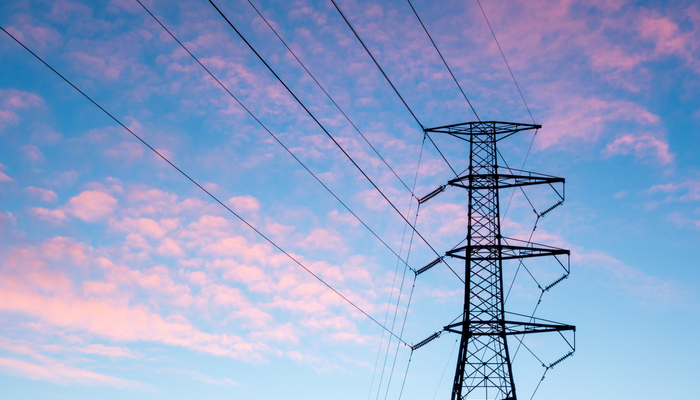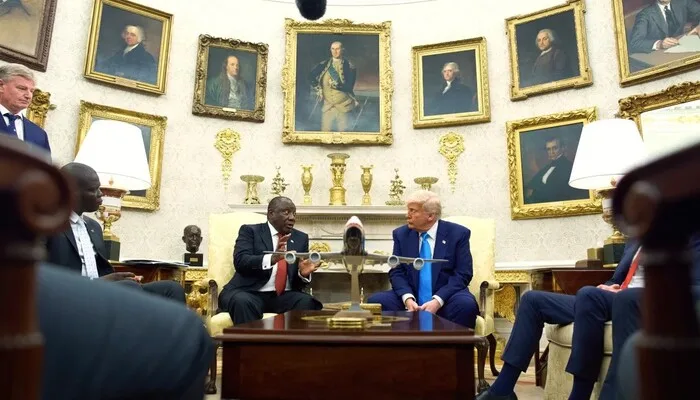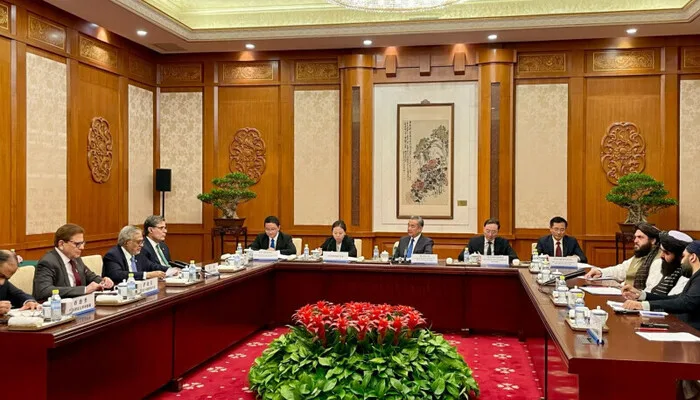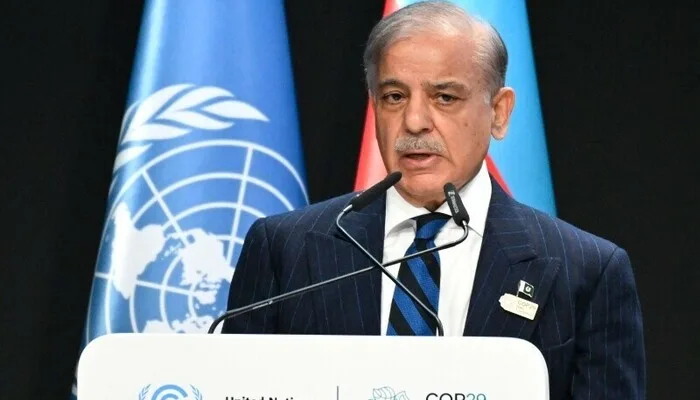
The federal government has decided to terminate agreements with six independent power producers (IPPs). These IPPs generate costly electricity, adding financial strain to consumers and the government. The terminated contracts cover a combined capacity of 2,396 MW.
The decision is part of a broader strategy to reduce electricity tariffs and save money. Officials estimate that ending these agreements will save Rs. 300 billion.
13 IPPs Already Cancelled
Sources confirm that the government has already terminated agreements with 13 IPPs. This includes contracts with eight private power plants running on bagasse. The decision to cancel these agreements reflects the government’s push to reduce dependence on high-cost power producers.
Lower Electricity Tariffs Expected
Ending contracts with expensive IPPs will lower electricity generation costs. Officials believe this move will help reduce electricity tariffs for consumers. The government aims to make electricity more affordable while addressing the financial challenges of the power sector.
Task Force Leading Negotiations
The Prime Minister has formed a task force to negotiate with IPPs. The task force has been actively engaging with private power producers to review and restructure agreements. These efforts aim to balance the energy sector’s financial stability with consumer affordability.
Cost Savings for the Economy
The cancellation of IPP agreements has already led to significant savings. Sources indicate that terminating these contracts is part of a broader effort to reduce circular debt in the power sector.
So far, the government has saved billions by eliminating high-cost agreements. The savings are expected to ease financial pressure and create room for economic reforms.
OGDCL Discovers Gas Reserves in Lakki Marwat
Consumer Relief in Sight
The move is expected to provide much-needed relief to electricity consumers. High electricity tariffs have burdened households and industries alike. Reducing power generation costs will directly impact electricity bills, offering financial respite to citizens.
Transition to Affordable Energy Sources
The government is also focusing on diversifying its energy mix. By reducing reliance on costly IPPs, it aims to prioritize renewable and cheaper energy sources. Officials have hinted at future investments in solar, wind, and hydropower projects to ensure sustainable energy production.
Challenges Ahead
Despite progress, challenges remain in addressing the overall power sector crisis. Experts warn that the transition from expensive IPPs to more affordable energy sources requires careful planning. The government must ensure uninterrupted power supply during this transition.
Public Reaction
The public has largely welcomed the decision to end costly IPP agreements. Many hope the move will lead to a significant reduction in electricity tariffs. However, some remain skeptical about how quickly the changes will impact their monthly bills.
Follow Day News on Google News, Instagram, YouTube, Facebook, Whats App, and TikTok for latest updates
















